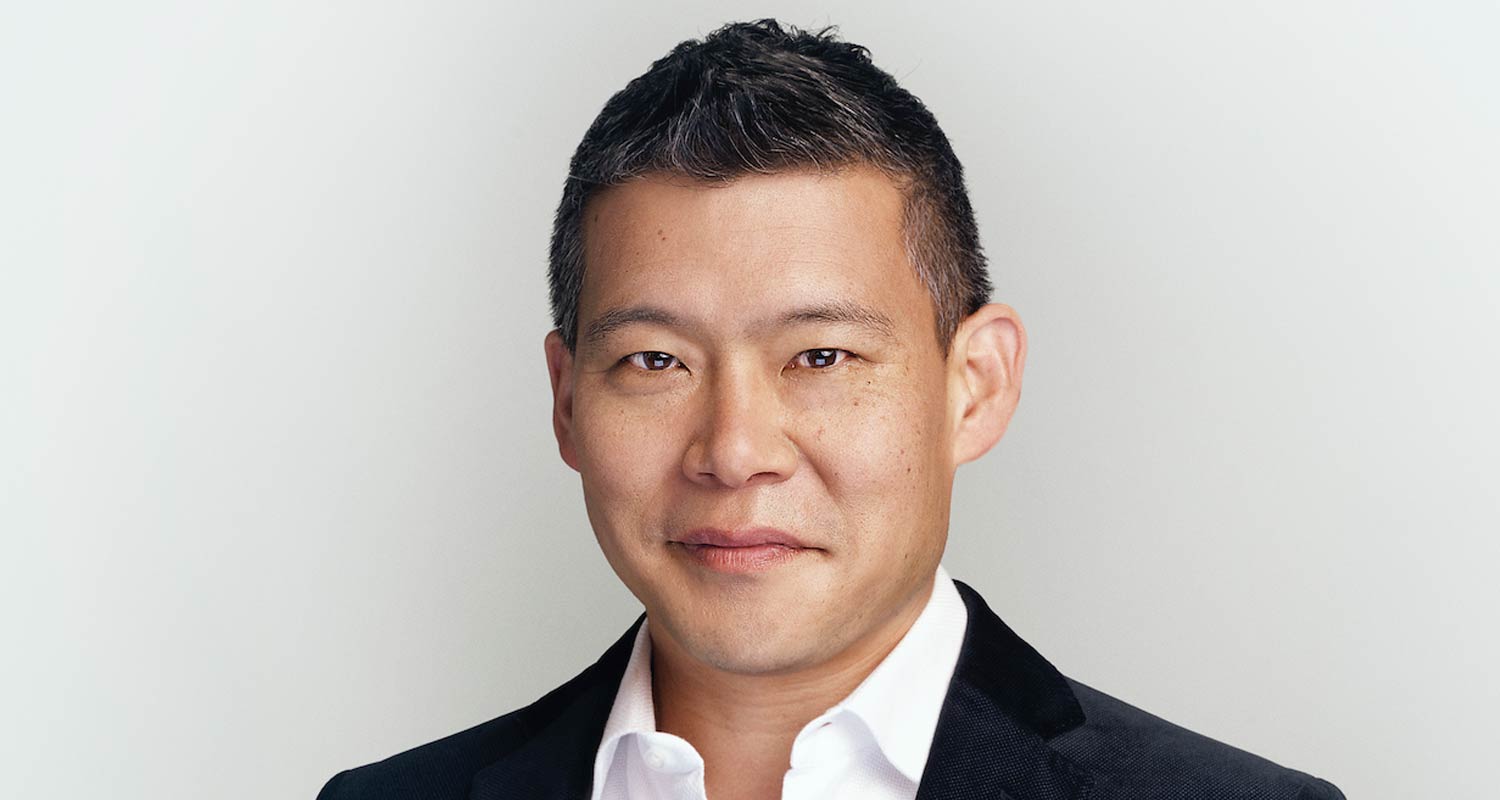
Tencent Holdings’ top backer, Naspers-controlled Prosus, said it has made more than US$2-billion on its Swiggy investment as it continues to highlight the value of its portfolio outside of its stake in the Chinese tech giant.
Prosus and Naspers have invested $1.3-billion building a 31% stake in Swiggy ahead of its stock market debut in India on Wednesday. The food delivery firm is targeting an initial public offering valuation of up to $11.3-billion.
Prosus will sell down shares in the IPO and retain 25% of Swiggy, similar to its stake in Tencent, Prosus chief investment officer Ervin Tu said an interview. The share sale is expected to generate a return of more than $500-million for Prosus, he added.
“We expect to benefit from the upside of the business, and the tailwinds of the fast-growing Indian market in future,” Tu said, noting that Prosus has invested in several Indian companies that could list on public markets.
Prosus, through Naspers, made a blockbuster investment in Tencent in 2001, when it paid $34-million for a 50% stake. Today, it owns about a quarter of the company, which has a market value of about $480-billion. The group’s investment in the Chinese tech giant has distorted Prosus’s stock price and created a gap between the value of the stake and the rest of the group’s businesses.
Scouring the globe
The Prosus team has been scouring the globe, looking to replicate the investment success it’s had with Tencent. The company has made a number of big bets in e-commerce that have been paying off recently. On top of the Swiggy IPO share sale, the company sold its stake in China’s Trip.com for about $1.5-billion, Tu said.
He said the group has “re-doubled” its efforts to deploy the company’s capital in a “very productive way”, focusing on sectors including online food, classifieds, payments and fintech.
Read: Naspers boss says group to ‘reimagine e-commerce’ through AI
Prosus’s India head Ashutosh Sharma said that Swiggy’s $1.3-billion offering to institutional investors was heavily oversubscribed, with “eight of the top ten fund managers worldwide” buying in. — (c) 2024 Bloomberg LP
Get breaking news from TechCentral on WhatsApp. Sign up here




